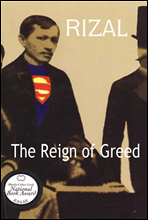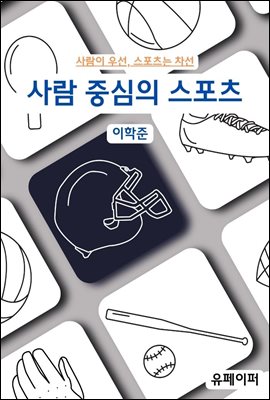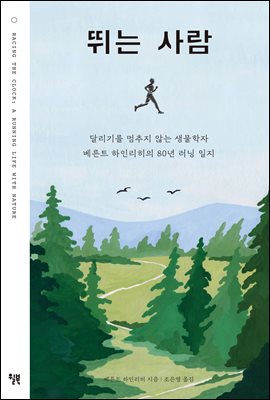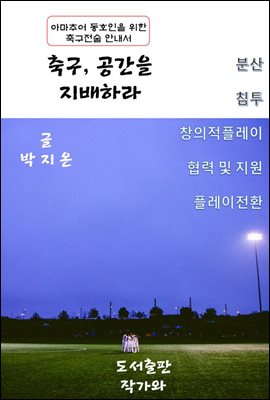
탐욕의 통치 (The Reign of Greed) 영어로 읽는 명작 시리즈 423
- 저자<리살 (Jose Rizal)> 저
- 출판사유페이퍼
- 출판일2016-11-09
- 등록일2018-12-11
- SNS공유


- 파일포맷EPUB
- 파일크기964KB
- 공급사YES24
-
지원기기
PC
PHONE
TABLET
프로그램 수동설치
전자책 프로그램 수동설치 안내
아이폰, 아이패드, 안드로이드폰, 태블릿,
보유 1, 대출 0,
예약 0, 누적대출 0, 누적예약 0
책소개
국내에서는 번역이 안 된 책이다. 그러나 영미문학에서는 널리 알려졌다. 또한 많이 읽히고 있다. 우리나라는 특이한 것이 동양권 문학에 대해서는 소솔하다. 거의 대부분 알려지지지 않았다. 외국에서 널리 알려진 책을 이렇게 전자책으로 소개하는 것도 꽤나 괞찬은 일이다. __________________ El Filibusterismo (lit. Spanish for "The Filibustering"[1]), also known by its English alternate title The Reign of Greed,[2] is the second novel written by Philippine national hero Jose Rizal. It is the sequel to Noli me tangere and, like the first book, was written in Spanish. It was first published in 1891 in Ghent, Belgium. The novel's dark theme departs dramatically from the previous novel's hopeful and romantic atmosphere, signifying the character Ibarra's resort to solving his country's issues through violent means, after his previous attempt at reforming the country's system have made no effect and seemed impossible with the attitudes of the Spaniards towards the Filipinos. The novel, along with its predecessor, was banned in some parts of the Philippines as a result of their portrayals of the Spanish government's abuse and corruption. These novels along with Rizal's involvement in organizations that aim to address and reform the Spanish system and its issues led to Rizal's exile to Dapitan and eventual execution. Both the novel and its predecessor, along with Rizal's last poem, are now considered Rizal's literary masterpieces. Both of Rizal's novels had a profound effect on Philippine society in terms of views about national identity, the Catholic faith and its influence on Filipino's choice, and the government's issues of corruption, abuse, and discrimination, and on a larger scale, the issues related to the effect of colonization on people's lives and the cause for independence. These novels later on indirectly became the inspiration to start the Philippine Revolution. Throughout the Philippines, the reading of both the novel and its predecessor is now mandatory for high school students throughout the archipelago, although it is now read using English, Filipino, and the목차
초판 Cover & storyThe Reign of Greed
Translator’s Introduction
Contents
On the Upper Deck
On the Lower Deck
Legends
Cabesang Tales
A Cochero’s Christmas Eve
Basilio
Simoun
Merry Christmas!
Pilates
Wealth and Want
Los Banos
Placido Penitente
The Class in Physics
In the House of the Students
Senor Pasta
The Tribulations of a Chinese
The Quiapo Fair
Legerdemain
The Fuse
The Arbiter
Manila Types
The Performance
A Corpse
Dreams
Smiles and Tears
Pasquinades
The Friar and the Filipino
Tatakut
Exit Capitan Tiago
Juli
The High Official
Effect of the Pasquinades
La Ultima Razon
The Wedding
The Fiesta
Ben-Zayb’s Afflictions
The Mystery
Fatality
Conclusion
GLOSSARY
저자 사진 및 프로필
원서로 읽는 세계 명작 시리즈
판권 페이지















